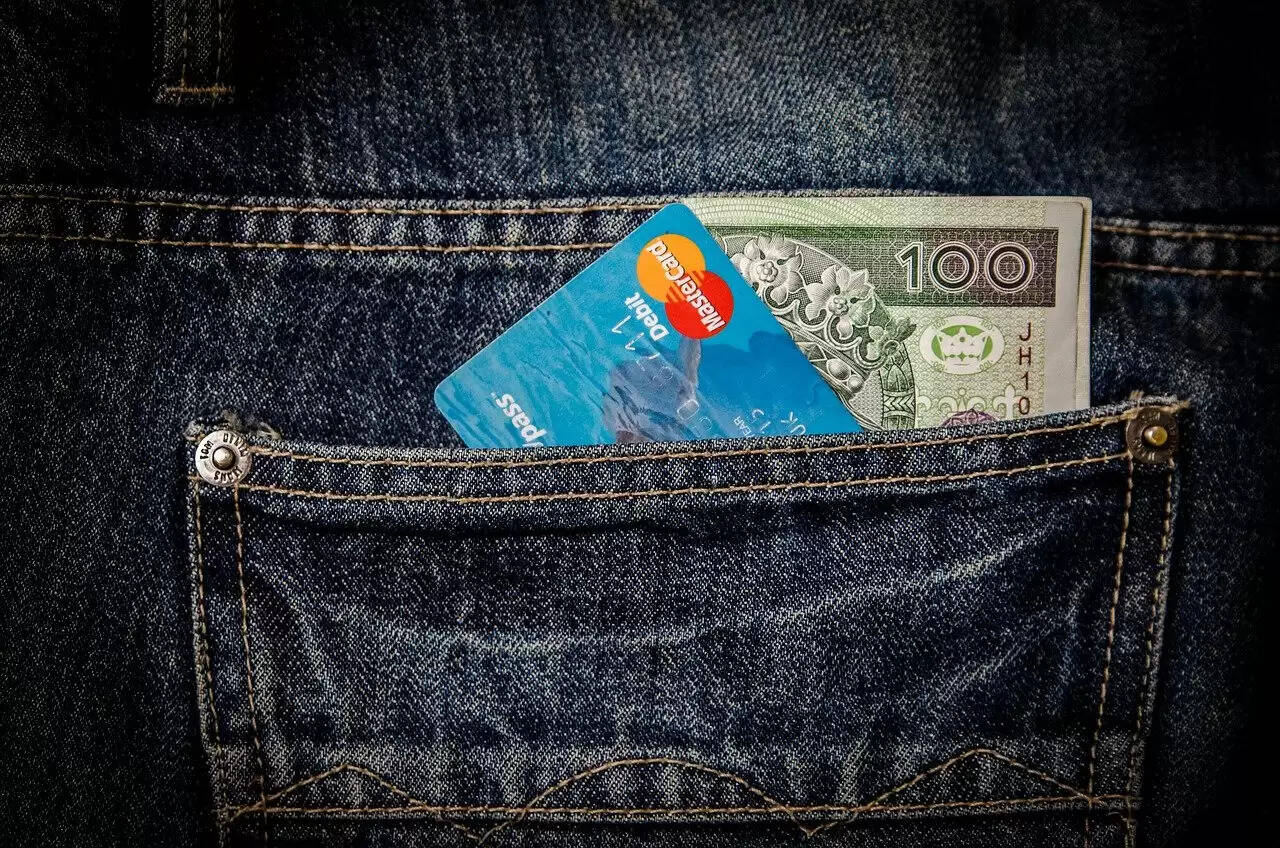7 bad money habits you should quit at an earlier stage in life

Most of us tend to make money mistakes due to a lack of understanding about what counts as bad money habits.
The habits may develop in you due to your upbringing or because of limited knowledge about managing personal finances. But the sooner you figure out the ill roots, the better you can track and avoid them.
Keeping a check can help you steer clear of the vicious cycle of poverty, debt, and financial instability. You can thus effectively master your money and build your wealth.
Spending all of your paycheck
Once you receive your paycheck, you start to clear the bills and purchase the necessities. But, it is up to you how you intend to manage the remaining amount.
Instead of prioritizing saving it, if you spend all of it, you will not have sufficient financial backing during emergencies.
Living paycheck to paycheck requires you to make space for savings. If you tend to spend more than what you make, you may easily fall into credit card debt. Instead, one must make efforts to budget.
And it must include allocations for emergency and retirement savings so that you have sufficient funds for each. The best way is to create a savings and spending plan and faithfully abide by it.
Bad thrift shopping habits
Thrift shopping can be fun and helps you get items at a cheaper-than-expected price. But it tends to compel you to buy more than what you need.
If you are getting things at a good bargain, you must push yourself to avoid purchasing any unnecessary items. It will stop you from clogging your money.
Also, ensure that you are paying the right thrift price. Certain secondhand shops and thrift stores exorbitantly priced items than what's reasonable.
These predatory pricing patterns can dupe you into paying a lot more. One thing you can do is to check the similar item's price online to determine if the vendor is offering you a good bargain.
Emotional spending
Some of us shop and spend to cope with the ups and downs of life. However, spending on an emotional impulse may provide temporary gratification without actually fixing anything.
It may trigger things to go wrong. The immediate satisfaction may cause the debts to pile up.
Experts advise people to establish certain ground rules for shopping. It will prompt you to make only necessary purchases instead of buying things simply for emotional distraction.
Before making any unplanned purchases that you do not immediately require, you can choose to wait for 24 hours. It will help keep a check. Prepare goals and set a budget for better accountability.
Dipping into savings
Do not touch your retirement savings at any cost. You are saving for a purpose, and you should avoid seeing it as an alternative to your current crises.
Moreover, you will face taxes and penalties for withdrawing before it matures. Similarly, even your emergency funds must be left untouched for critical emergencies.
You can shift these to separate accounts to prevent yourself from spending them.
Being the one who pays the checks
Sometimes it becomes a matter of pride to clear bills when dining out with friends or for a round of drinks. But if these extravagant expenses are putting you into debt, you must rethink before picking up the check next time.
You might be pampering your friends by paying bills, but if this behavior grows on them, they will expect you to treat them the same every time.
So, decide when and where you said to pay bills to avoid strained relationships and debt situations.
Turning a blind eye
Sometimes you may get so busy taking the immediate matters at hand that you may ignore the financial warnings. Delaying your debt clearance is not a sound habit.
Despite your fears, keep a tab on your bank account and credit score.
Ignoring insurance
In your prime youth, you may not value insurance. But any unforeseen accident can drastically eat into your savings.
Thus, put efforts into understanding the various insurance policies to know what's best for you. Take the help of an advisor and closely read your policies before signing them.
.jpg)
